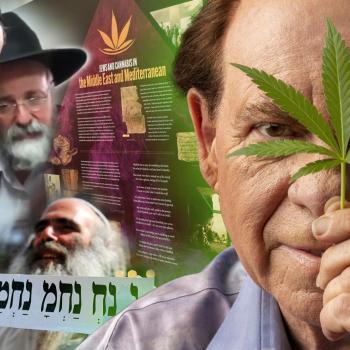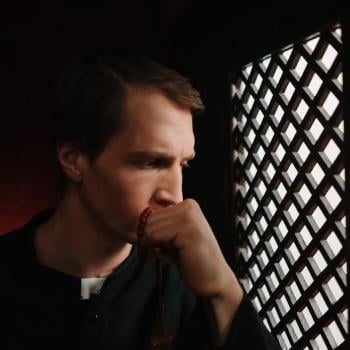“Doubt is not a pleasant condition, but certainty is absurd.”
Voltaire.
Like many of the traits of spiritual maturity, the idea that doubt could be more desirable than certainty is not something most people readily understand. Of course in some aspects of life, certainty is preferable to doubt. We want to have certainty that we filed our taxes on time, for example. We want to be certain that the surgeon is doing the correct procedure on the correct person. We want to be certain that we are careful enough in our cooking that a fire will not start due to negligence. This type of certainty is always a good thing.
Another type of certainty we might wish for is more like hope. We would like to have certainty that our job will be available to us as long as we want to work. We would like to be certain that our children will turn out to be happy, fulfilled human beings who make meaningful contributions to society. But since many factors over which we have no control enter into these outcomes, we never really have complete certainty about them. A fully honest person will realize that since we cannot control issues like these, expecting full certainty about them just sets us up for possible disappointment. The more honest thing would be to recognize the extent to which such things are not within our control and to release the need for certainty about them.
But yet another type of certainty is even more damaging. When we insist our own opinions are the only correct way to see things, we stop allowing in new input. We shut down our curiosity and close ourselves off from further growth. This is fairly well known as it applies to ordinary topics. But it is largely ignored in the one realm in which it stands to do the most damage—religion. Certain types of churches insist people resist exposure to others outside that religion, for fear they might hear something that would conflict with the teachings. Certain factions insist their religion is the only right one and try to impose the rules in their own holy book one everyone. These people hold the type of certainty that is bad—the kind that limits a person’s maturity—closes them off from growth.
Religions that promote that kind of certainty do so out of a need to protect themselves from the pollution of contrasting ideas. But they are also closing themselves off from something important. They are protecting themselves from full exposure to truth, and that can never be good.
To find truth we have to be unafraid of what we might find when we explore. We have to be willing to take a leap from the known, toward doubt. We must be willing to check out any input that comes our way. In religion this means being willing to consider the truths taught in other religions, and to listen to people who don’t believe at all. It means being willing to address questions that are bound to come up in our minds from time to time about the religious tenets.
Insisting our religion is the only right one, based on the outer authority of religious leaders and holy books, without subjecting our beliefs to truthful critical analysis (doubt!) is not the way to spiritual maturity. Psychologist Walter Clark* listed ten criteria for a mature faith. Among them: it must be fresh, self-critical, growing and creative.
Rejecting all new ideas and refusing to truthfully consider information that might conflict with what we already believe leaves us mired in a stagnant belief system dependent upon outer authority. It assures that our beliefs will be clichéd, self-protecting, stagnant, derivative and uninspired—the opposite of fresh, self-critical, growing and creative. It closes us off from all further input, and limits our ability to grow beyond our current spiritual level. Spiritual development theory tells us that the most spiritually mature among us have faced their questions openly and honestly. They have probably gone through a stage of serious doubt, and emerged stronger in their faith (though not necessarily with the same beliefs) for having done so.
It turns out that willingness to doubt is a very important and healthy factor for those who wish to grow spiritually.
*One of about fourteen theorists whose work contribute to a perspective this blog (and my book Faith Beyond Belief: Stories of Good People Who Left Their Church Behind) will be developing as “spiritual development theory.”















